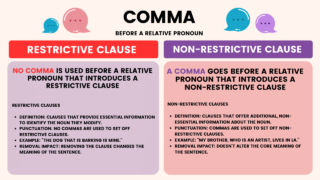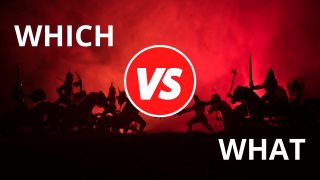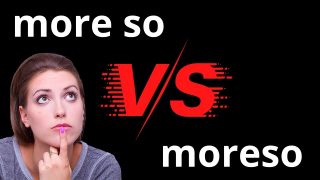Have you ever silently scolded yourself for being confused about whether to place a comma before a word in a sentence? Well, as far as the complexity of the English language is concerned, pondering upon these things is but normal. Before scrolling further, maybe a cup of joe would help you focus more on this …
Grammar
“Especially” appears quite a lot in texts, and a comma sometimes appears before it, but other times doesn’t. Why is this so? Are there rules that guide the pre-comma placement? If you’ve reached this site because of these queries sitting apprehensively at the back of your head, you certainly came to the right place. …
Have you ever taken a pause while writing utterly ordinary phrases to contemplate whether or not a comma should be shoved in? And, have you ever deliberately consulted Dr. Google for these types of writing concerns? One such phrase that often causes trouble is the well-known “Happy birthday phrase.” People seem to be confused about …
Learning English means having the burden of going through grammar whatnots, which includes remembering one too many complex principles. Plus, concepts being called in multiple variations makes English a huge and bitter pill to swallow. Couldn’t agree more, could you? One of these things I’m referring to is what we call “relative clauses,” which may …
“I know what pronouns are, but I’m kinda confused about the idea behind relative pronouns and I have no clue on how to punctuate sentences containing relative pronouns. If that’s totally you, you’ve certainly come to the right place. But don’t worry, Linguaholic got you covered! You’re welcome. You can thank me later for writing this …
English has a lot of words that have similar, but slightly different meanings. Learning all these options, and how to use them in a sentence, can be a great way to build your vocabulary and add nuance to your expressions. Today, we’ll learn about the word “benign.” How do you use “benign” in a …
When and how do we use “whether”? Is the “or not” in “whether or not” even necessary? Although it seems a bit odd, it is natural to ask these tricky questions occasionally. Given all the deceptive rules in any language’s grammar, perhaps only Mr. Chomsky isn’t having troubles like this. Well, there’s no need to …
Making a choice between two closely-related words can be sometimes tricky, not to mention taxing. Although it feels quite uncanny to get confused about a language that we seem to know by heart, linguistic doubts are indeed natural. So, why don’t we take a closer look between “which” and “what” to find out the nuances …
Which is a better choice, “more so” or “moreso”? Is the latter variant incorrect? For some reason, humans break the “rules” to achieve some sense of language convenience. This has been the case with “moreso,” the non-standard variant of “more so” which is used to either intensify or recall ideas in sentences. Now, without much …









